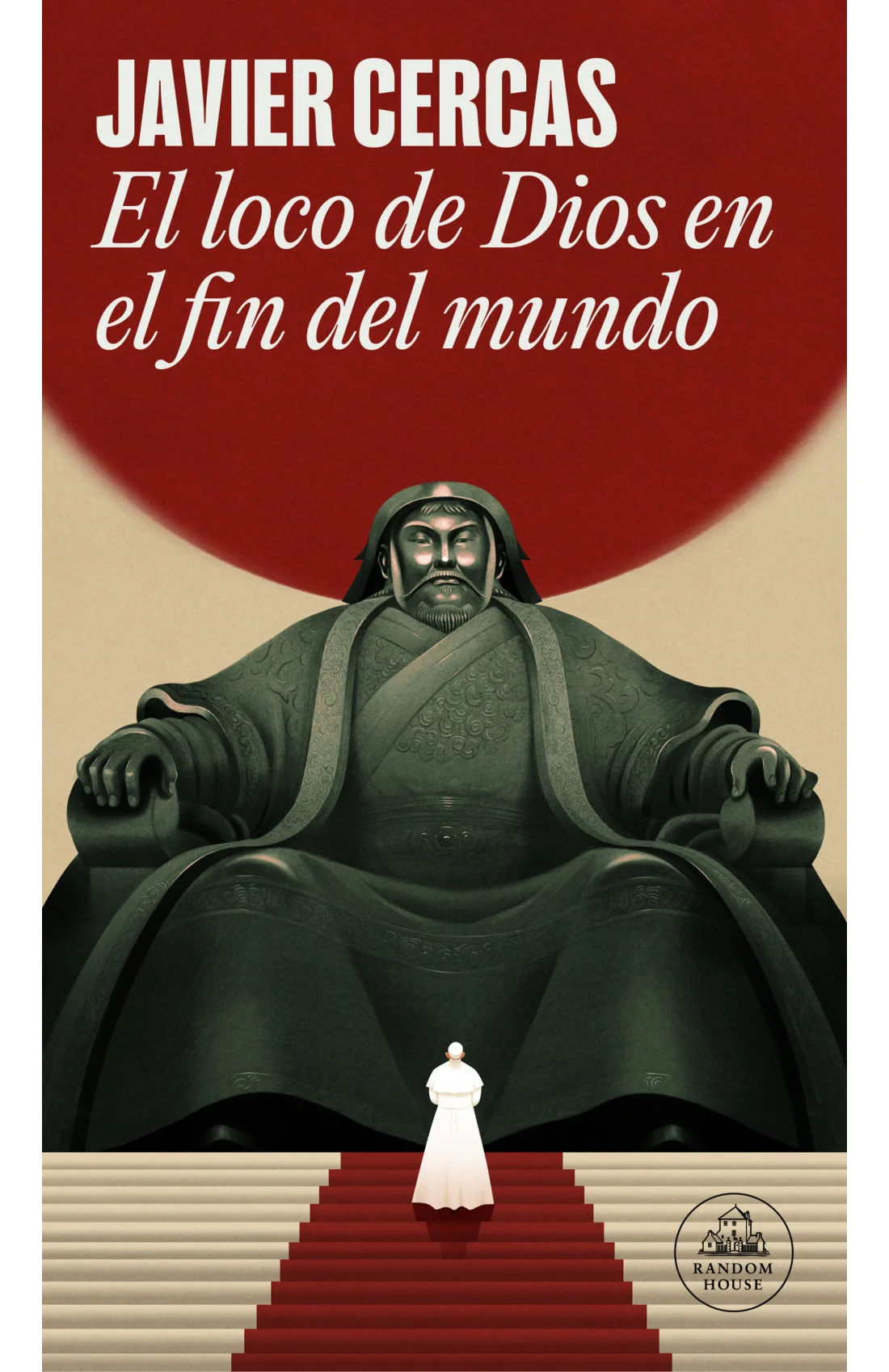Beyond the luck with the timing of the book, which coincided with the death of Francis, much of the success of "The Madman of God at the End of the World" has to do with its perspective: a writer who defines himself as an atheist and anti-clerical is invited to accompany the Pope on his visit to one of the smallest Catholic communities, that of Mongolia. This, it would seem, would tinge the work with an impartiality that safeguards it from any ideological attempt; at least, from the ideological attempt on the part of Catholicism. And to a large extent it is true.
Cercas, without hiding his opinions, approaches the Church, Francis, those who worked with him and a handful of Christians, with the curiosity of someone who wants to hear what those experiences have of value. He surrenders to the figure of Francis, but that does not hinder his task of outlining a non-idealized contour: a profile compatible with negative testimonies of his youth, with outbursts of tone during his pontificate, or with manifest errors.
The book is also a gesture of love from a son to his mother. Cercas' mother, affected by Alzheimer's, is a Catholic and lives with the certainty that when she dies she will be with her husband again. The writer wants to convey this message to Francis and, if possible, bring a few words back. "With all certainty." But beyond the centrality of this theme - that of eternal life - Cercas' great discovery is that if all Christians were like the missionaries he met in Mongolia, the Church would automatically renew itself.
At least the Church that the Spaniard has in mind would be renewed, a Church that - as Armando Matteo would say - also suffers from demographic winter, which does not give birth to many lives. It is interesting that many Catholics, upon learning of the book's approach, the first thing they ask is: Did he convert? As if that is where all efforts would go, as if faith were not a mustard seed, that grain of wheat that God makes grow in silence during the night, but just another T-shirt in the carnival of the identity dance.
Is seeking not already converted? What will the missionaries in Mongolia think about this?
God's madman at the end of the world









